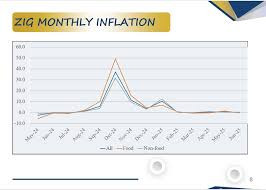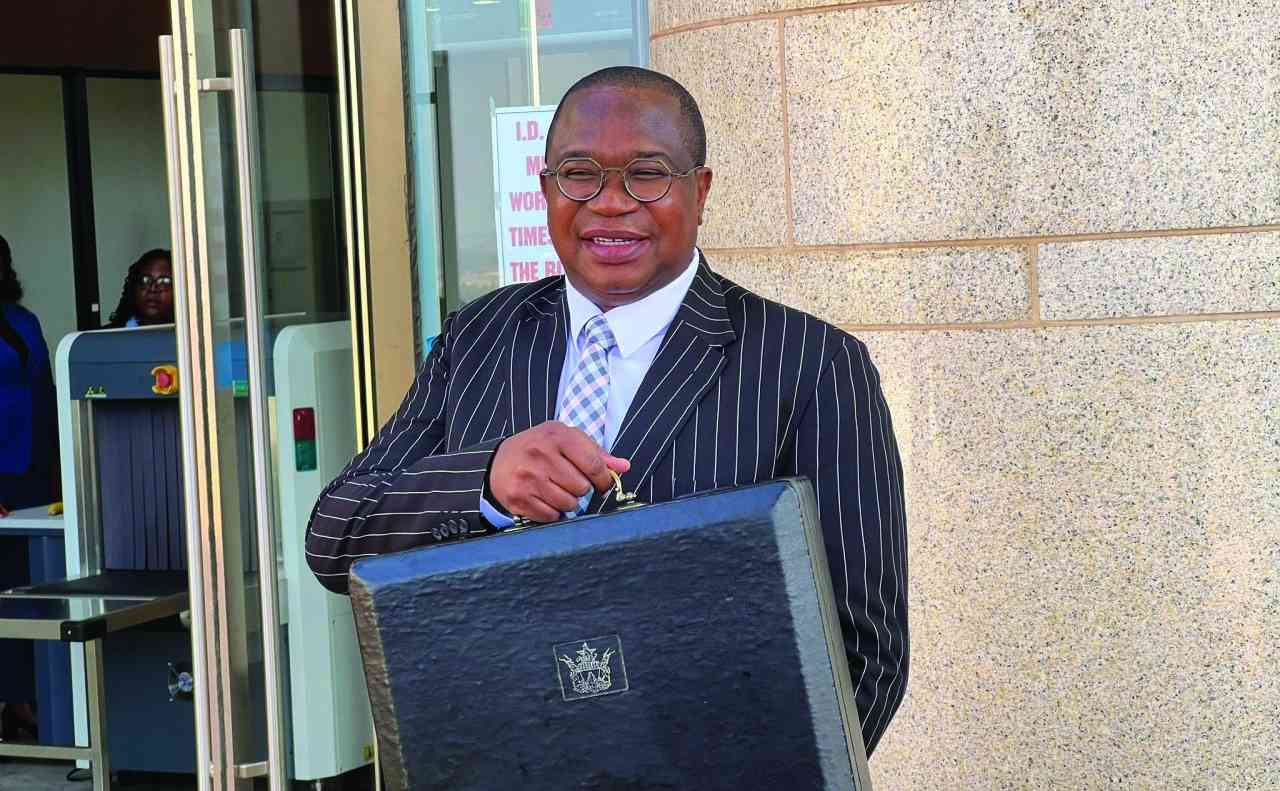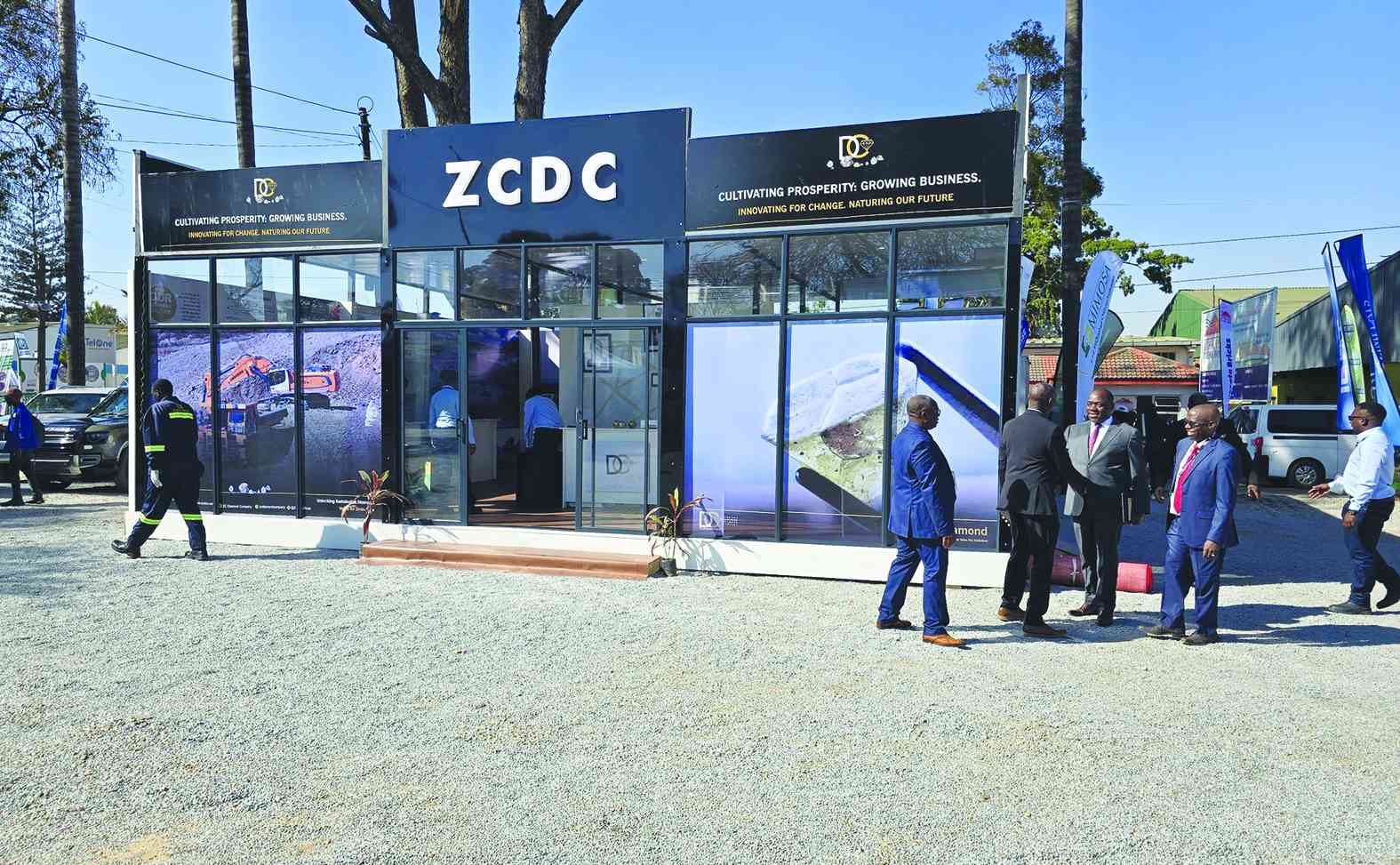ZIMBABWE, under pressure to trade under the African Continental Free Trade Area (AfCFTA), is pushing to gazette its tariff order currently being verified by the latter’s secretariat.
The AfCFTA is an ambitious trade pact to form the world’s largest free trade area by creating a single market for goods and services of almost 1,3 billion people across Africa. The AfCFTA aims to reduce tariffs among members and covers policy areas such as trade facilitation and services, as well as regulatory measures such as sanitary standards and technical barriers to trade.
Zimbabwe however recently submitted the tariff offer to the AfCFTA secretariat for technical verification in line with the agreed modalities for trade in goods.
This follows the completion of the process of revising Zimbabwe`s tariff offer taking into account the preliminary comments raised by the AfCFTA secretariat.
Eight countries – Ghana, Kenya, Rwanda, Tanzania, Egypt, Mauritius, Cameroon and Tunisia – have begun programmes towards the intra-continental trade revolution.
The eight countries are already searching for local products they can trade with under AfCFTA’s new guided trade initiative.
Keep Reading
- Mavhunga puts DeMbare into Chibuku quarterfinals
- Bulls to charge into Zimbabwe gold stocks
- Ndiraya concerned as goals dry up
- Letters: How solar power is transforming African farms
They have also kick-started commercial trade to test their operational, legal, and institutional preparedness under the agreement, and to motivate other African countries that are yet to commit.
In an interview this week, Foreign Affairs and International Trade spokesperson Livit Mugejo told the Independent that the country will start preferential trading under the agreement once the secretariat has verified the tariff offer.
“The modalities provide guidelines on how members prepare and implement their tariff liberalisation commitments, with the ultimate objective to reduce and eventually eliminate their tariffs on trade in goods,” Mugejo said.
He said the eight countries that have started trading under the AfCFTA are doing so as part of the pilot phase of the AfCFTA guided trade initiative (GTI).
“After realising that no trading was taking place one and half years after the launch of the AfCFTA preferential trading, the AfCFTA Secretariat launched the pilot phase of the AfCFTA guided trade initiative.
“The countries participating in the pilot phase that was officially launched by AfCFTA Trade Ministers on October 7 2022 include Cameroon, Egypt, Ghana, Kenya, Mauritius, Rwanda and Tanzania.
“Their tariff orders (Provisional Schedules of Tariff Concessions) have been technically verified to be in compliance with the agreed Modalities for Trade in Goods,” Mugejo said.
Zimbabwe, together with six other countries (Zambia, Malawi, Madagascar, Sudan, Ethiopia and Djibouti) had concerns about the threshold of 90% of tariff liberalisation and the timelines for tariff phase-down on the adopted modalities for tariff liberalisation on trade in goods.
According to the modalities, the developing countries, among which Zimbabwe was classified, were supposed to liberalise 90% over five years and least developed countries (LDCs) 90% over 10 years.
Zimbabwe has been pushing for the implementation of the Sadc industrialisation strategy arguing that a longer phase-down period under AfCFTA would allow for the domestic industry to adequately prepare and adjust to take advantage of the opportunities created by the AfCFTA.
“However, this is water under the bridge as Zimbabwe withdrew its reservations in the spirit of moving forward and our commitment to the principles that inspired the establishment of the AfCFTA,” Mugejo said.
He, however, conceded that no standing structure had been created in Zimbabwe since the existing structures can continue to be used for implementing the AfCFTA.
This, he said, was similar to other regional economic communities such as Sadc and Comesa, although it could be amplified as necessary.
“The only major difference is the size of the geographical coverage. If the need arises in future, a separate AfCFTA National Committee will be set up for implementing the AfCFTA,” Mugejo said.
The government has been partnering with various stakeholders, including cooperating partners to carry out targeted awareness and sensitisation sessions on the AfCFTA and other trade agreements Zimbabwe is a party to various forums.





